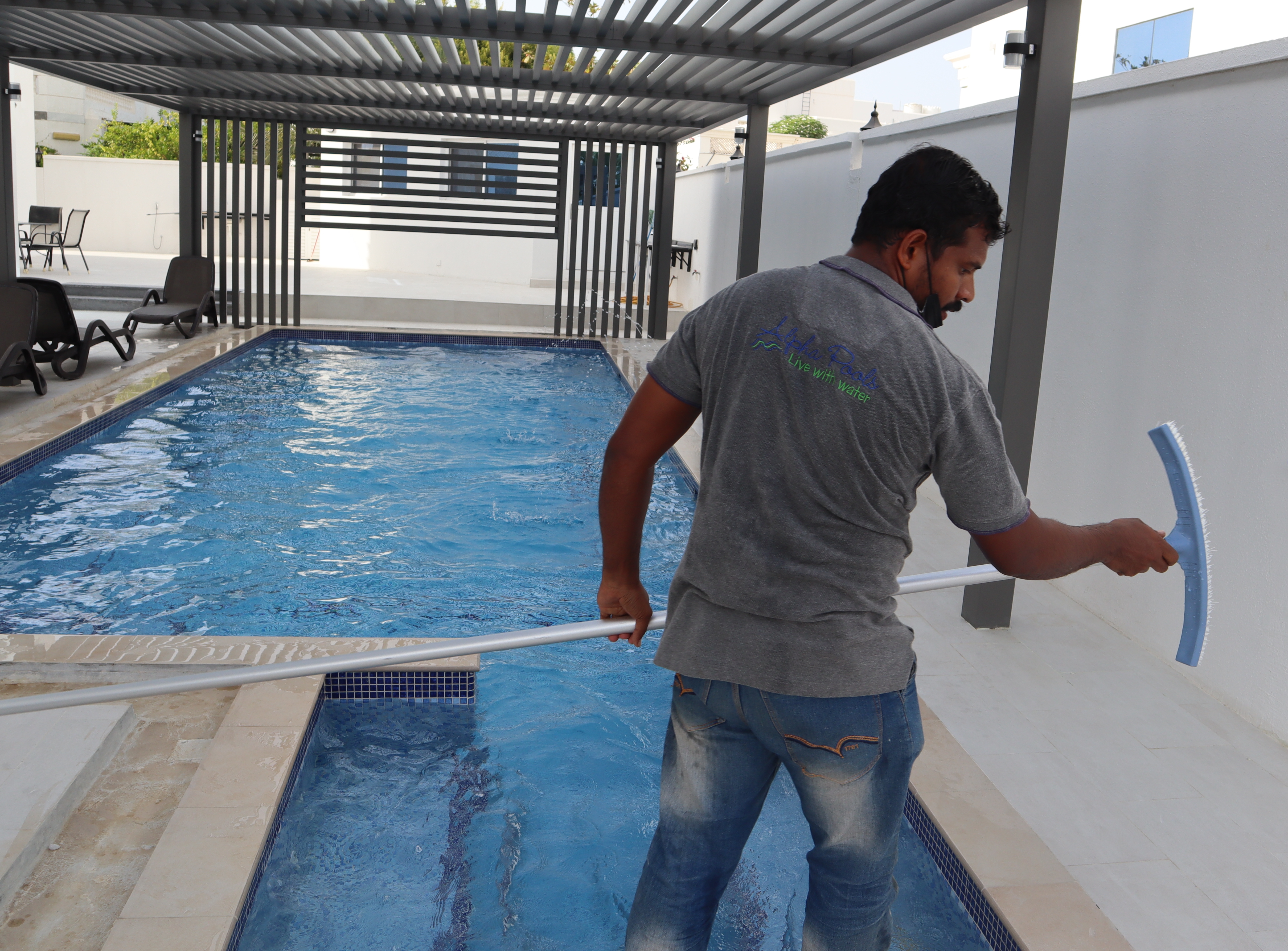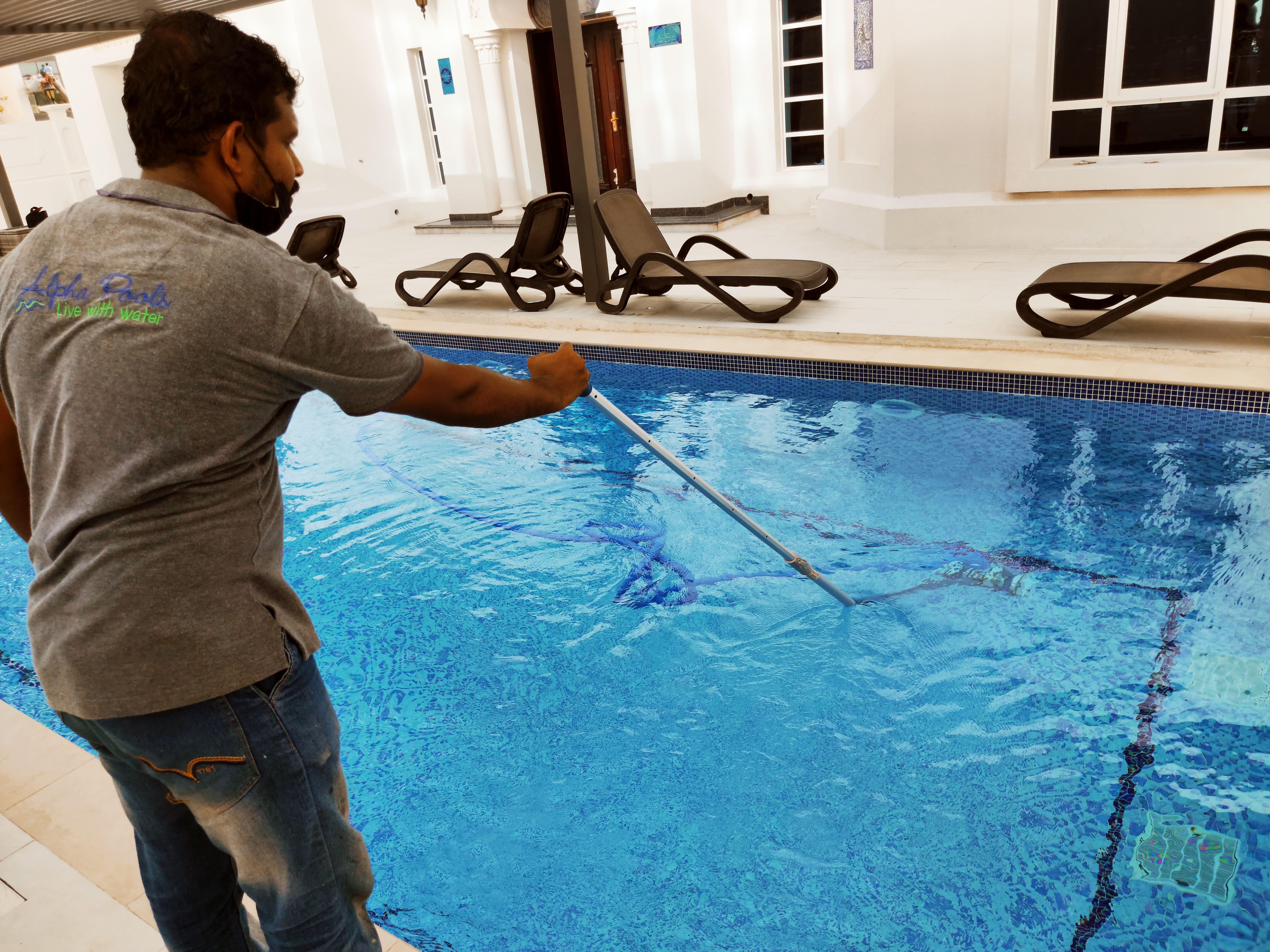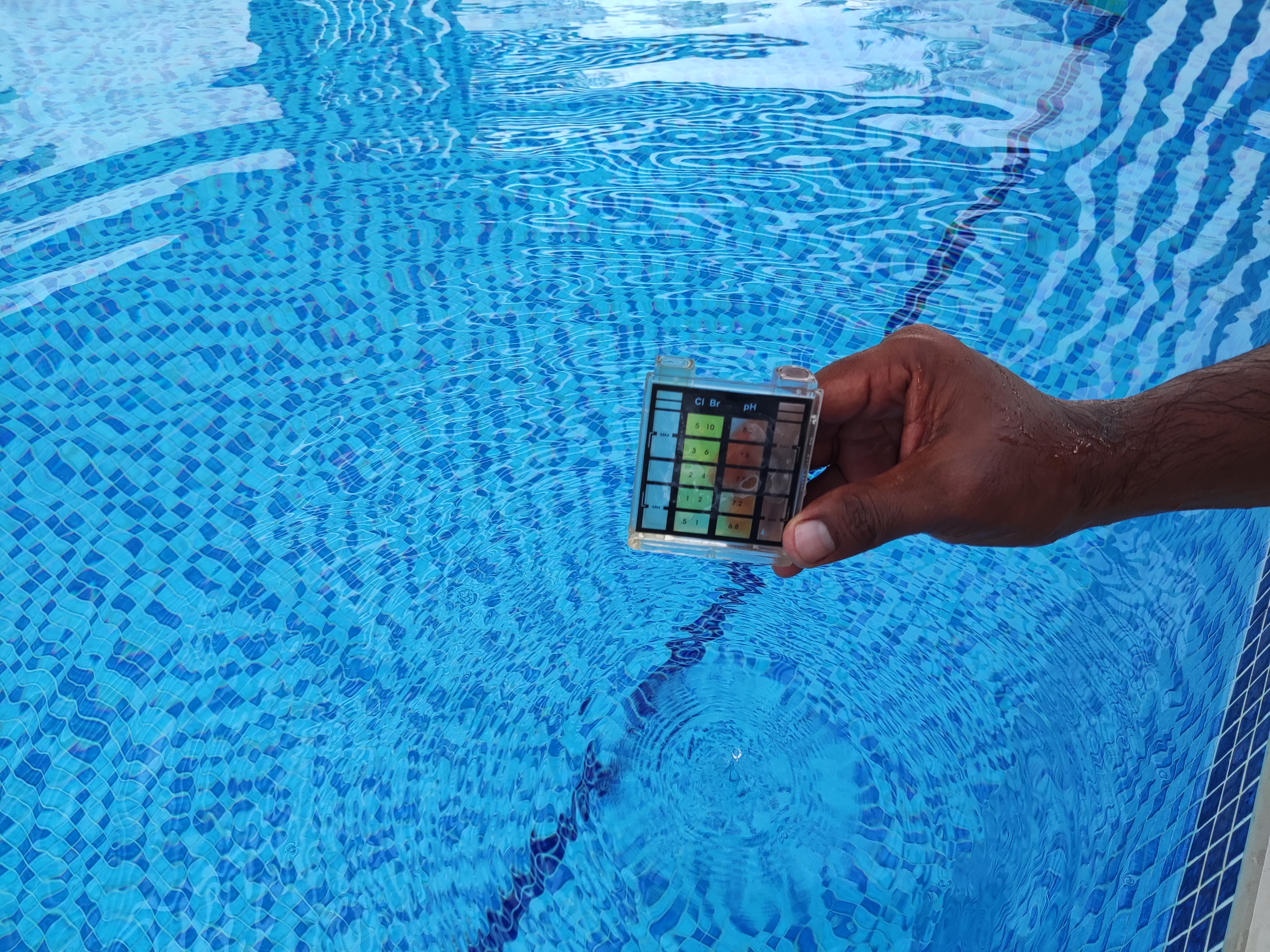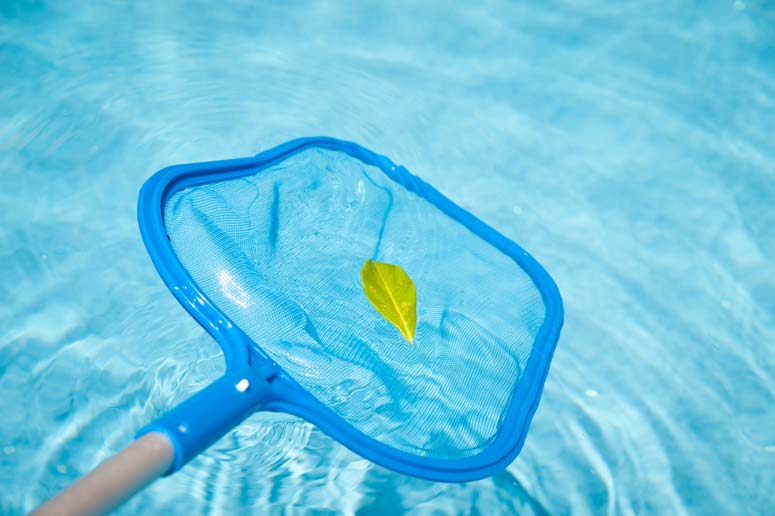
Alpha Pools provide comprehensive solutions for upkeep and Care of your pool with professionally qualified technicians to ensure quality service as per the following procedure.
Having your backyard ready to use at any time is great, but most pool owners may not have an in-depth knowledge of how to handle specific pool problems. They may lack the patience, time, and skill to do it the right way. Even if they do have such knowledge, they may make some mistakes that can potentially damage the pool or equipment. A pool can become a money pit if you neglect it, but it doesn’t have to be. A well-maintained pool will cost you less in the long run, and always be ready for action on your ultimate leisure.
Having a pool maintenance company like ALPHA POOLS by your side means that you don’t need to worry about any unexpected issues coming up. You can relax and enjoy the perks of owning a pool while our pool professionals do the job the RIGHT way.
It would be great if you could just fill the pool with water and not have to worry about algae or bacteria growth. The reality is, you’ll need to add chemicals to the water to keep nasty contaminants at bay and make the pool environment a safe space.
Every time you swim, you leave behind body oils, traces of perfumes, shampoos, soaps, and other products in the pool. Your pool can also have twigs, leaves, and debris fly into the water, making the pool a solid breeding ground for all kinds of micro-organisms.
You will need to use sanitizers and oxidizers to disinfect the pool and add chemicals to balance the water attributes: pH, calcium, and chlorine levels. You may also want to add unique products like algaecides to really keep your pool clean.
However, it is important to remember that mixing certain chemicals directly is not recommended as the combinations may cause injury to swimmers.
The right pH level is vital for proper chemical balance in the pool. Ideally, your pool’s pH level should be between 7.2 and 7.8. pH is measured on a scale of 0-14; 7.0 is considered neutral.
Low pH (too acidic) leads to corrosion in pumps and other mechanical systems and can cause dry skin, brittle hair, and itchiness for swimmers. High pH (too alkaline) causes murky, cloudy water and mineral deposits in the pool. It will also not be able to work efficiently as a sanitizer.
Typically, pool water turning green indicates algae growth. If the pool takes a mild green tint, you are in luck, as it means you caught the problem early on.
It also means that there is an undetected chemical imbalance. When chlorine levels are too low in the pool, algae can attach to the pool surface or float and grow.
We recommend you super chlorinate your pool’s water using pool shock. This will kill all bacteria and algae, but depending on the pH levels, the water may get cloudy to very cloudy. The pool water will clear up once your filter is running.
Some may not know this but your pool water is actually being refreshed every day! Every 24 hours, by running your pump for eight hours, water is pushed through your pool filter. If you find yourself wanting to drain and refill your pool, it is best you do so every 5-7 years (in mild weather conditions).
Replacing swimming pool water in hot weather may cause the pool surface to be affected by strong sunlight. However, removing the water after heavy rains or storms may put extra pressure on the pool bottom.
Testing frequency depends on how you use your pool, the weather, and the amount of traffic your swimming pool sees. It is better to check the water daily for new pools until you get used to your swimming habits, climate, and the other factors at play.
On average, you should test for:
Chlorine levels: 2-3 times a week
pH levels: Twice a week
Total alkalinity: Once a week
Calcium hardness: Once a month
Salt levels: Once a month (for saltwater pools)
Proper circulation is critical to having pristine water in the pool, but that does not mean you need to run the pump 24/7.
The pool water has to go through your pool filter (turnover rate) at least twice a day. How long your pump needs to circulate the water to the filter depends on the size of the pool.
Run the pump for 12 hours, every 24 hours. You can also pause in between; there is no need to run it continuously.




We will respond to your message as soon as possible.
PB No: 3417, PC 111
CPO,Sultanate of Oman